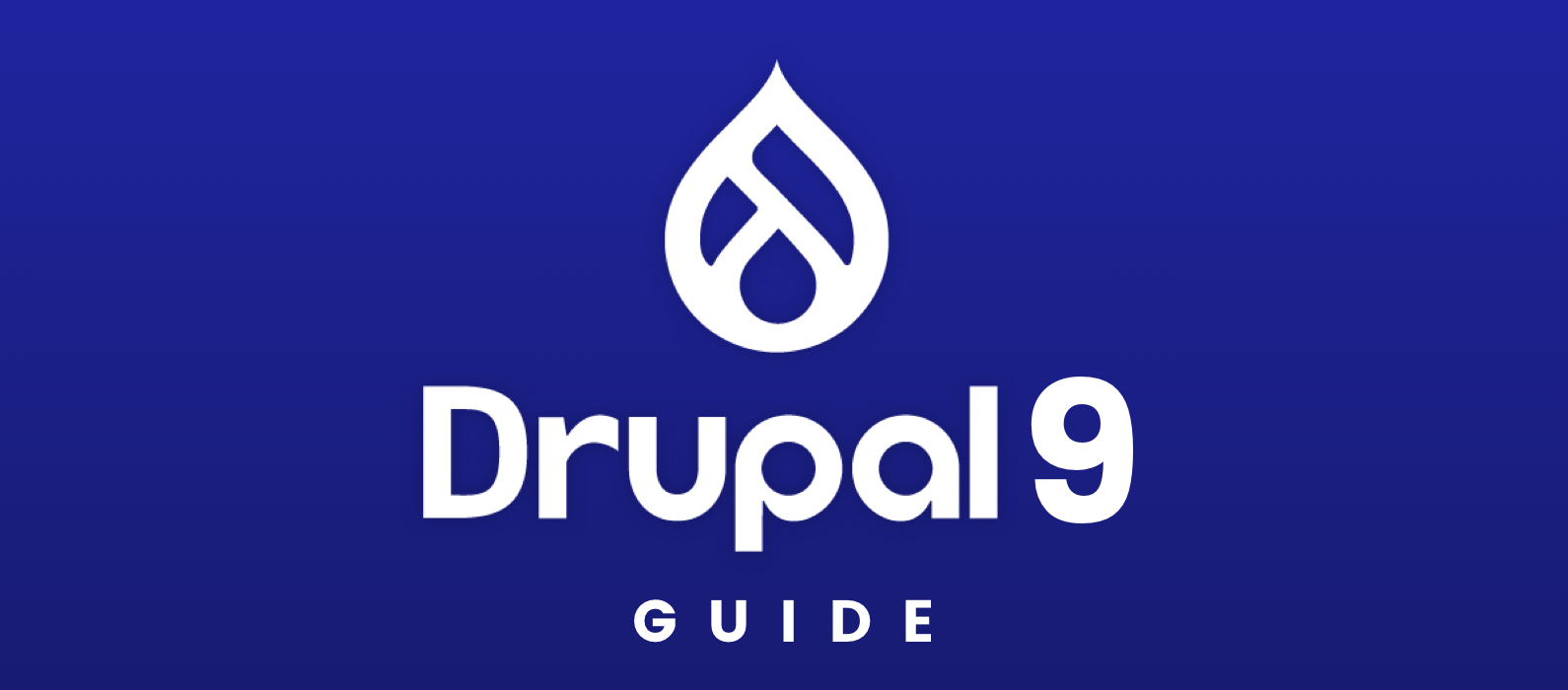Given the features present in Drupal 8 and Drupal 9 (releasing soon), it is widely used by universities and colleges considering their lots of sensitive and confidential information. Let’s know why Drupal is the best platform for Higher Education Websites.
Do you know the best university websites of international repute are run on Drupal? The top institutions of higher education which rely on Drupal include
- Harvard University
- Stanford University
- UCLA
- Oxford University
- Duke University
- University of British Columbia
… and many more
In fact, choose any renowned higher education institution, and to your surprise, you will find that it is run on Drupal. Actually, you shouldn’t be surprised. Given the features present in Drupal, especially Drupal 8, it shouldn’t be surprising if Drupal is the first choice whenever a college or university wants to have a high-performance website.
What is Drupal?
Drupal is one of the most widely used content management frameworks. It is one of the original open-source content management systems that were specifically developed to construct websites over them. It is completely written in PHP and you can use it under the GNU General Public License. The Drupal website claims that at least 2.3% of websites in the world are powered by one or another variant of Drupal.
A content management framework in terms of running a website enables you to maintain web pages by using the dashboard or an interface instead of having to construct individual HTML pages. All the information, for example, the text on your homepage or services page, exists in a database. Whenever a page is loaded, the information is fetched from the database, put inside the template components, and then displayed to the end-user, dynamically.
Drupal for Higher Education Websites
Drupal, and these days Drupal 8 and Drupal 9 (releasing soon), is widely used by universities and colleges for multiple reasons.
Since it is among the pioneers when universities and colleges began to have their own websites, it were mostly students who built and designed these websites and since not every student was a web designer, they were always looking for easy and robust web design solutions. Drupal was a natural choice.
It is an open-source PHP-based framework which unlike Sitecore, doesn’t need to be licensed. This means the code could be easily modified using a simple text editor. Once it is installed, even without major changes, it can be used for a variety of use-cases therefore we call it a ‘low code framework’. Within a couple of weeks, a university can get their web site up and running. Drupal has powerful content management which all higher education institutions require at a top priority.
It simply needs a Linux-based server with MySQL capabilities. Almost every server has these capabilities. This is how it caught on and by the time these university and college websites turned into full-fledged portals, which were already based on Drupal installations.
Adding new pages is as simple as using a GUI. Whether it is a typing text or embedding image and video, it is as simple as clicking icons and uploading the needed files. Just the way you can attach files to your outgoing Gmail messages. Editing and changing the pages is similarly easy. Just open an existing page, make the changes, and save it.
Multiple authors could work on a single page, maintaining different versions.
Being open-source software, thousands of developers contributed and kept the Drupal source code up-to-date.
When it comes to running a university or college website, why Drupal 8 rules the roost
Now we come to the main topic of this post: why use Drupal 8 to build your college or university website or transfer your existing website to the Drupal 8 framework? What makes it the best choice?
Here are 5 reasons why we highly recommend Drupal 8 for your college or university website…
Easy customization
You have to install a theme or a template over the framework, but a good thing about Drupal 8 is that thousands of templates and themes are already available. Even if you don’t want to use an off-the-shelf theme for your reputed college or university, our team of expert Drupal 8 developers can easily design and create a theme that will give a very elegant and attractive look to your website.
Seamless content management
Designing and installing a Drupal 8 based website is just a small part. The main part is adding and maintaining content and keeping every bit of information updated. Whether your staff and students are tech-savvy or not, once your Drupal-based website is installed and functional, adding and updating web pages will be like working with a Word document. Whatever you can do with a Word document, you can achieve using the Drupal 8 page editor.
Quick scalability
Whether your college or university website has 10 pages or 100 pages or even 1000 pages, it can be easily developed and managed with Drupal. For that matter, even if you have just one page, you can use Drupal 8 because it can be similarly installed on a basic web hosting configuration. The same goes for traffic. The framework is designed to handle any type of traffic surge even if you are getting millions of hits per hour.
Uncompromising security
Considering that higher education websites contain lots of sensitive and confidential information, features that make a Drupal-powered website secure are built into the basic structure. New patches are constantly being released and based on the settings of your installation, they are even automatically installed as soon as they become available.
Our team has been developing cutting-edge Drupal websites using our expertise and experience, and the high standards that we have set for ourselves.
Are you contemplating a new website for your college or university or are you wondering how you can upgrade your existing website? We can build your website from scratch using the Drupal 8 framework and we can also import your existing website to the Drupal 8 framework. Contact us for more information.
Multiple user roles and access levels
Your college or university website will be managed and used by different people, including teachers, professors, students, admins, and sometimes even visitors (though, in a very limited manner, for example in the form of leaving a comment or review). Different roles and access levels can be granted to different individuals instilling a high level of integrity to your website structure and its content.




